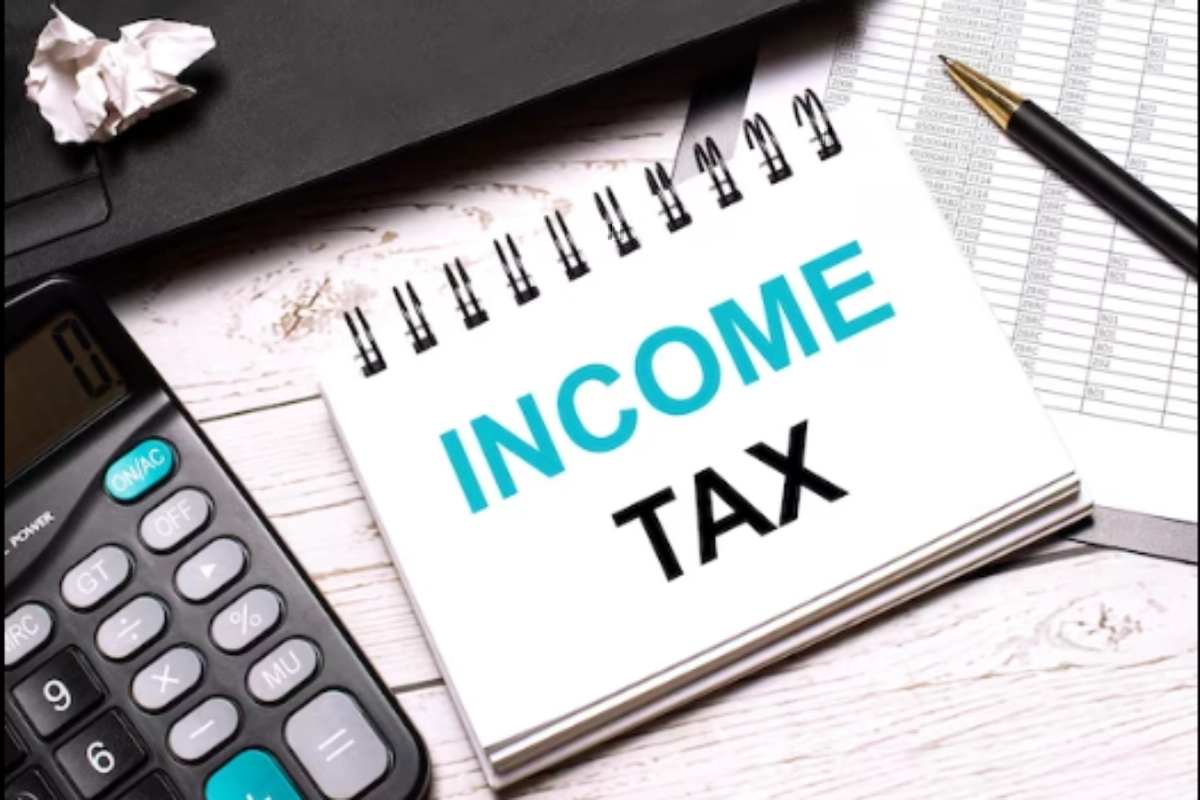Income Tax News: Few people can be without resolutions as the New Year 2024 approaches, with less than a month to go. For both individuals and families, the top priorities among these are investment strategies and tax planning. Here’s how to use 2024 as a year of great tax savings and wise financial choices.
Year-round Approach to Tax Planning
A year-round approach is essential to successful tax planning. The Income Tax Act’s Section 80C provides deductions for a variety of investment options up to ₹1.5 lakh. Certain instruments guarantee fixed returns, whereas others offer variable returns due to their market linkage. A thoughtful choice of these can reduce year-end stress and optimise returns.
Assessing Tax Regimes
Salaried people need to assess their options and decide which tax regime—the old or the new one—will benefit them the most. Selecting the system with the lowest tax outflow is aided by comparing the tax liabilities under the two. Although it is still optional, the recently implemented new tax system has reduced tax rates, helping those who were not eligible under the previous system.
Income Tax Saving Schemes
India’s tax laws have multiple provisions that allow for income tax savings.
Section 80C: For investments made in certain financial instruments, such as Public Provident Funds (PPF), Employee Provident Funds (EPF), Unit Linked Insurance Plans (ULIPs), National Pension System (NPS), Equity Linked Saving Schemes (ELSS), and five-year tax-saving bank fixed deposits, this segment allows a deduction of up to ₹1.5 lakh from taxable income.
Section 80D: It permits deductions for health insurance premiums paid for oneself, one’s spouse, and one’s dependent children up to ₹25,000. For parents’ health insurance, there is an additional ₹25,000 deduction available, with a ₹50,000 annual cap.
Section 80E: There is no cap on the amount of interest that can be written off under this section for student loans.
Section 80G: A deduction is allowed for contributions made to certain charitable organisations; this deduction is limited to 50% of the donation amount or 10% of total income.
DON'T MISS
Section 80TTA: allows interest earned on deposits made into savings accounts up to ₹10,000 to be deducted from taxable income.
Section 80EE & 80EEA: designed with first-time homebuyers in mind, this programme offers interest deductions on home loans up to ₹50,000 and an extra ₹1.5 lakh, respectively, subject to certain limits on loan terms and property value.
Looking into potential investments
Equity Linked Saving Scheme (ELSS)
In addition to providing benefits under Section 80C, ELSS aids in wealth growth. An obligatory three-year lock-in period in ELSS funds aids investors in building a robust corpus.
Donations and LTC benefits
To maximise savings, take advantage of employer-sponsored Leave Travel Concession (LTC) benefits and submit donation claim forms.
Unit Linked Insurance Plan (ULIPs)
The Income Tax Act of 1961’s Section 80C grants tax benefits to ULIPs. Up to a total of ₹1.5 lakh can be deducted from taxable income for ULIP premiums paid in a given fiscal year.
Tailoring investments by age
Mid-50s
For stability, risk-averse people in this age range can choose fixed return products like Public Provident Funds (PPF), National Saving Certificates (NSC), and Fixed Deposits (FDs).
Late 40s
Compared to PPF, which has a 15-year lock-in period, FDs and NSCs have shorter lock-in periods.
Balanced portfolio
A mixed portfolio strategy that combines market-linked ELSS (12–14% long-term returns) with fixed benefits from PPF guarantees a balanced return.
Keep watching our YouTube Channel ‘DNP INDIA’. Also, please subscribe and follow us on FACEBOOK, INSTAGRAM, and TWITTER.
